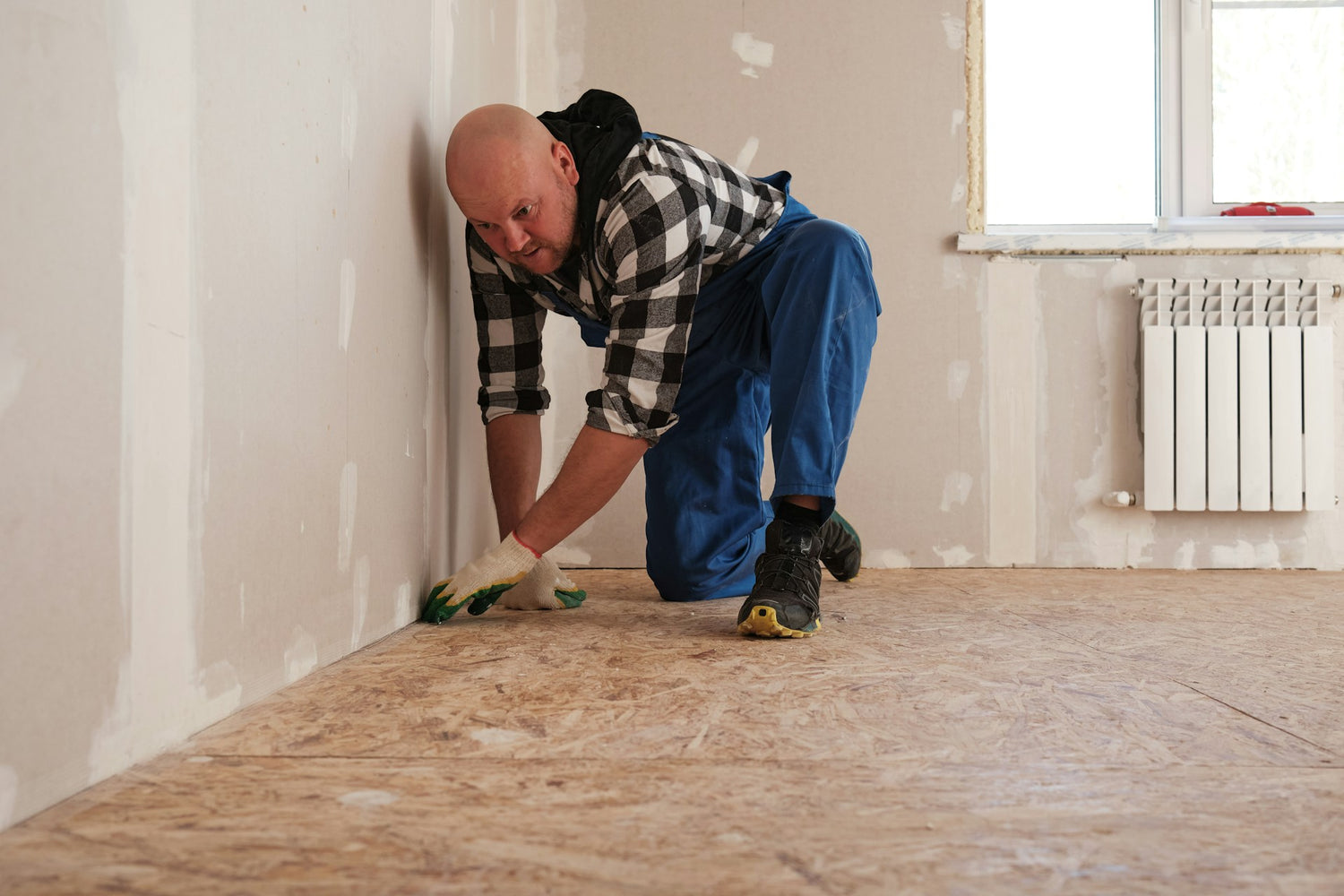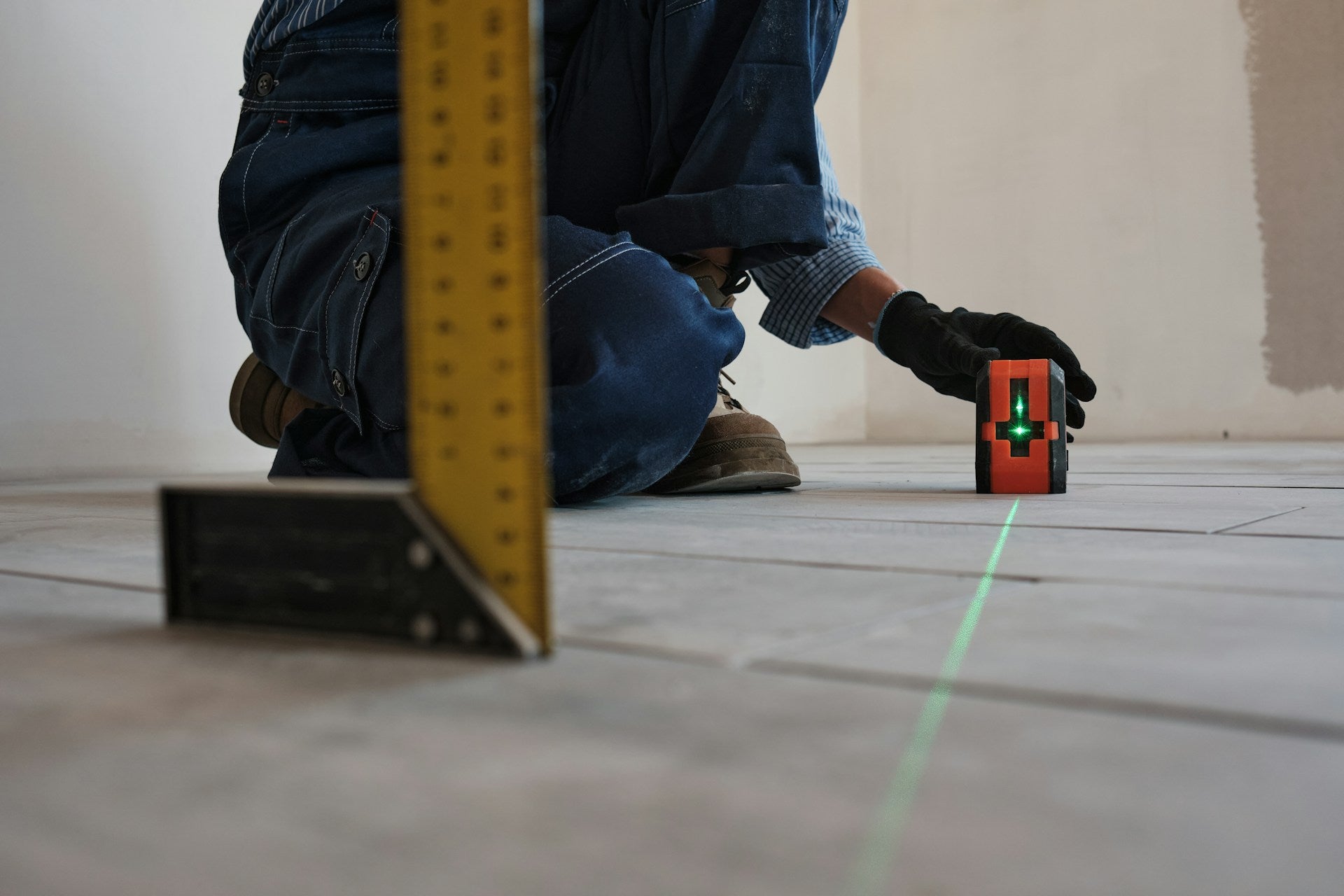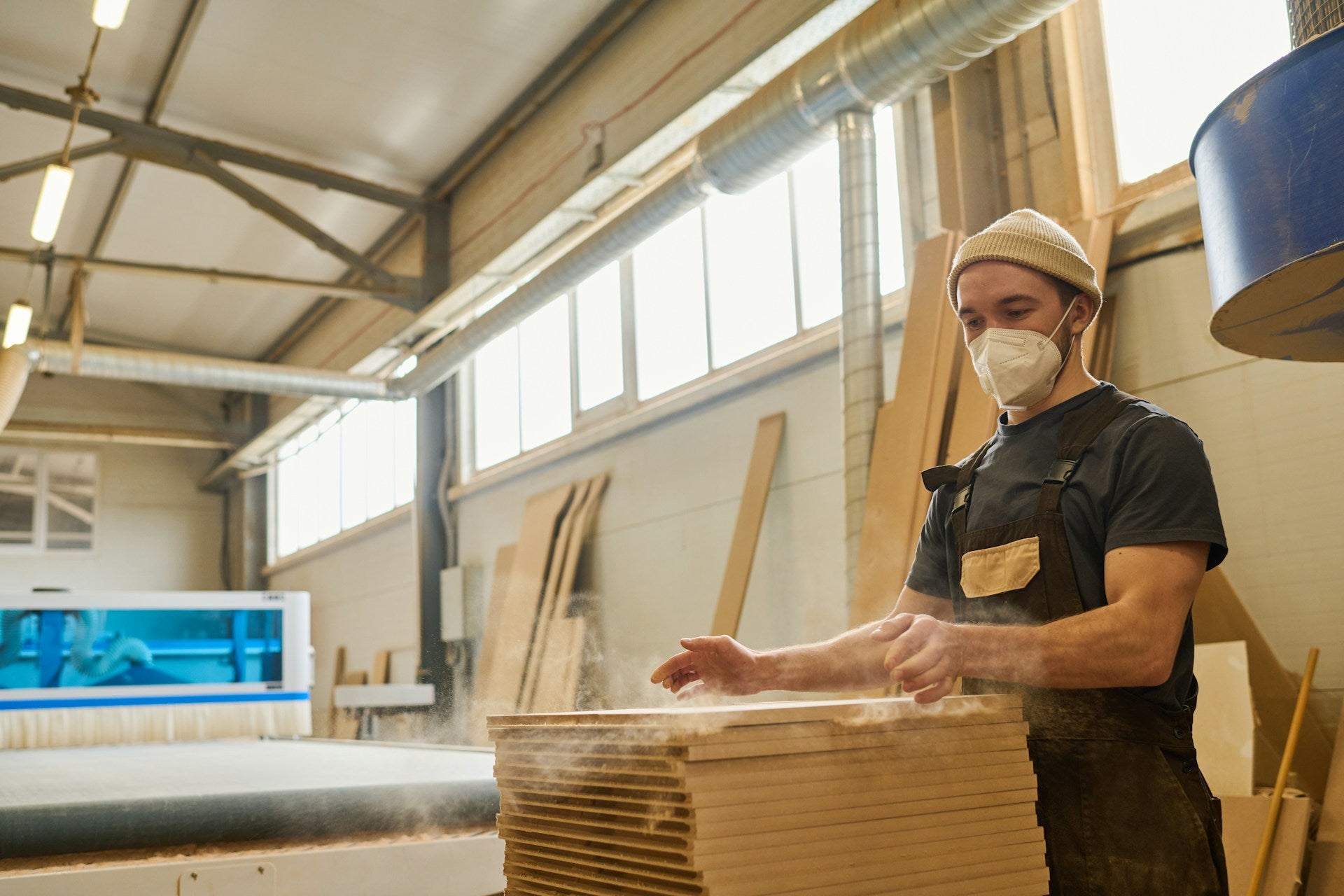When considering a flooring upgrade, you may wonder about the cost of engineered wood flooring. The average installation cost for engineered hardwood typically falls between $3 to $10 per square foot, which can vary based on material choice and installation specifics. This floor type offers a blend of beauty and durability, making it a popular choice for many homeowners.
Engineered wood flooring is designed to withstand wear while maintaining its appearance, providing a lifespan that often exceeds 30 years with proper care. At Westwood Millworks, we specialize in thermally-treated wood products, which enhance the resilience and stability of your flooring. Our commitment to quality ensures you receive the best value for your investment.
Choosing the right flooring involves more than just considering price; you want long-lasting beauty and performance. With engineered wood, you get the best of both worlds. By opting for Westwood Millworks, you are ensuring a superior product that elevates your living space while standing the test of time.
Understanding Engineered Wood Flooring
Engineered wood flooring offers a combination of beauty and durability, making it a popular choice for many homeowners. By understanding its composition, how it compares to solid hardwood, and its advantages, you can make an informed decision for your flooring needs.
Composition and Types
Engineered wood flooring consists of multiple layers, typically including a veneer layer of natural wood and a plywood core or high-density fiberboard. This construction allows it to be more stable than solid hardwood, reducing the risk of warping due to moisture changes.
Various wood species are available, from domestic options like red oak and hard maple to exotic selections such as mahogany and white ash. This versatility in wood types means you can find a style that suits your aesthetics and practical needs, enhancing your living space.
Comparing Engineered and Solid Hardwood Flooring
While both engineered and solid hardwood flooring provide a rich appearance, there are key differences to consider. Solid hardwood consists of a single piece of wood, which can be sanded multiple times. In contrast, engineered wood can only be sanded a limited number of times due to its thin veneer layer.
Engineered wood is usually more cost-effective and easier to install, making it ideal for DIY projects. The stability it offers in changing environments is superior, especially in areas where humidity fluctuates. This allows you to enjoy the look of natural wood without worrying as much about moisture-related issues.
Advantages of Engineered Hardwood
Choosing engineered hardwood has several benefits. Its layered construction provides enhanced durability and resistance to temperature fluctuations. This means you can install it in various areas of your home, including basements.
Additionally, the variety of wood species allows you to select finishes that complement your home décor. Whether you prefer the elegance of white oak or the warmth of heart pine, the options are extensive. At Westwood Millworks, we specialize in Thermally-Treated Wood Products, ensuring your flooring is not only beautiful but long-lasting as well.
Cost Considerations
When contemplating engineered wood flooring, various aspects influence the total expense. Material costs, installation expenses, and a comparison to other flooring types are key factors that can impact your budget. Understanding these components helps you make informed decisions.
Material Costs of Engineered Flooring
The material cost of engineered flooring generally ranges from $3 to $25 per square foot, depending on the wood type and quality. Affordable options may be available at the lower end, while high-end engineered wood products can command prices up to $13 per square foot.
Thermally-Treated Wood Products from Westwood Millworks are an excellent choice, offering durability and aesthetic appeal. If you’re looking for a cost-effective yet high-quality option, consider our engineered flooring that balances performance with price.
Installation Cost Factors
Installation costs typically add to the overall price. You can expect to pay between $1 to $5 per square foot for labor. Complex jobs such as removing old flooring or needing additional prep work may increase these costs.
Most homeowners spend approximately $4,730 on average for both materials and installation. Always get multiple quotes to ensure you achieve the best value for your investment.
Price Comparison with Other Flooring Types
When comparing engineered wood flooring to alternatives, options like carpet, laminate flooring, and vinyl flooring come into play. The average hardwood flooring cost can be significantly higher, typically between $6 to $12 per square foot for installation alone.
Laminate and vinyl often emerge as lower-cost alternatives but may lack the longevity and aesthetic value of engineered wood. As you evaluate your choices, consider the long-term benefits of engineered wood from Westwood Millworks for a solid investment in your home.
Installation Process
Installing engineered wood flooring involves several critical steps to ensure a successful outcome. Key considerations include proper preparation, selecting the right installation method, and deciding whether to hire professionals or tackle the project yourself.
Preparation and Subfloor Leveling
Before starting the installation, ensure your subfloor is clean, dry, and level. Any imperfections can lead to issues like squeaking or uneven surfaces. Use a leveling compound if your subfloor has dips or rises.
Check moisture levels, especially in basements or bathrooms, as excess moisture can damage your flooring. Once the subfloor is prepared, acclimate the engineered wood planks for at least 48 hours to the room's humidity and temperature. This step minimizes gaps or expansion after installation.
Choosing the Right Installation Method
There are several installation methods for engineered wood flooring. The most common options include:
- Floating Installation: Boards interlock without gluing or nailing to the subfloor. This method is faster and ideal for DIYers.
- Glue-Down: Adhesive secures the boards directly to the subfloor. It works well for concrete surfaces and provides a solid feel.
- Nail-Down: This traditional method attaches planks with nails and is suitable for plywood subfloors.
Your choice affects both labor costs and the flooring's performance. Consider factors such as your skill level and the room’s usage when making your decision.
Professional vs. DIY Installation
Deciding between professional installation and a DIY approach can affect your budget and project timeline. Hiring flooring contractors provides expert installation, often guaranteeing the work. They can handle challenges like subfloor leveling and moisture control.
On the other hand, DIY installation can save costs but requires research and skill. For instance, a floating floor may be manageable for most homeowners, while more complex methods necessitate experience.
If you choose the DIY route, ensure to have the right tools and follow manufacturer guidelines. At Westwood Millworks, we recommend our products for a seamless installation experience, backed by quality craftsmanship and thermally-treated wood.
Durability and Maintenance
Engineered wood flooring presents a balance of durability and maintenance ease that suits various lifestyles. Understanding its lifespan, resistance to wear and moisture, and proper care can help you maintain your investment.
Lifespan and Wear Resistance
Engineered wood flooring generally boasts a lifespan of 20 to 30 years, significantly influenced by the quality of materials used. The thickness of the veneer layer plays a crucial role in its durability. Higher-grade options often feature thicker veneer layers, enhancing wear resistance.
The Janka rating can also be a guide. This measures the hardness of the wood species, indicating its ability to withstand dents and scratches. For example, woods with higher Janka ratings are ideal for high-traffic areas.
Lower-grade engineered hardwood might have thinner veneers, limiting the flooring’s lifespan and reducing resurfacing options. Choosing quality flooring ensures long-term performance and aesthetic appeal.
Dealing with Water Damage and Repairs
Engineered wood is more moisture-resistant than traditional hardwood, but it is not completely waterproof. If water damage occurs, quick action is essential. Start by drying the affected area immediately to prevent mold growth.
Minor water exposure may not cause significant damage. In more severe cases, planks can swell, warp, or need replacement. Many engineered wood products allow for some limited resurfacing, provided the veneer thickness permits it.
When repairs are necessary, consult a professional to assess whether the damage is repairable. Investing in high-quality engineered wood, like those from Westwood Millworks, can be a strategic choice for better water resistance.
Cleaning and Long-Term Care
Maintaining your engineered wood flooring is simple. Regular cleaning involves sweeping or vacuuming to remove dirt and debris. Use a damp mop with a gentle cleaner designed for wood floors to keep them looking their best.
Avoid using excessive water or harsh chemicals, as they can damage the surface. Monthly treatments can help preserve the sheen and protect against wear.
For long-term care, placing rugs in high-traffic areas can reduce wear. Additionally, keeping the humidity levels consistent in your home will prevent expansion and contraction issues.
Choosing products from Westwood Millworks offers you durable Thermally-Treated Wood options that are built for longevity and easier maintenance.
Environmental and Quality Factors
When choosing engineered wood flooring, understanding its environmental impact and quality is essential. These factors help inform your decision, ensuring that your choice is sustainable and meets your durability needs.
Eco-Friendliness and Sustainability
Engineered hardwood is often considered more eco-friendly than solid hardwood. The production process typically uses less hardwood overall, helping to conserve tree species and reduce deforestation. Many engineered options feature layers made from recycled wood or sustainably sourced materials, ensuring that you’re making a responsible choice for new flooring.
Additionally, engineered wood can generate less off-gassing than some solid hardwood options, which is beneficial for indoor air quality. Look for products certified by organizations like the Forest Stewardship Council (FSC) to guarantee sustainability in sourcing. Choosing a brand like Westwood Millworks provides access to Thermally-Treated Wood Products, which are both durable and environmentally conscious.
Assessing Wood Grades and Quality
The quality of engineered wood flooring largely depends on the wood grade and construction. Higher-grade engineered hardwood features a thicker top layer of real wood, allowing for better longevity and the possibility of refinishing. These products are usually 3 mm or thicker and may endure sanding multiple times.
Different tree species also contribute to the flooring’s quality and appearance. For example, oak and maple are known for their resilience, while softer woods like pine can dent more easily. Understanding these nuances enables you to select the best product for your lifestyle. Westwood Millworks excels in offering high-quality options, ensuring you can find a flooring type that meets both aesthetic and practical requirements.




Leave a comment
This site is protected by hCaptcha and the hCaptcha Privacy Policy and Terms of Service apply.